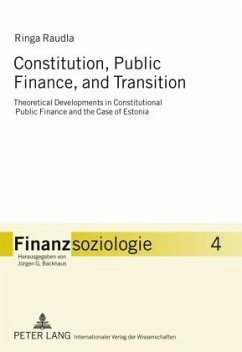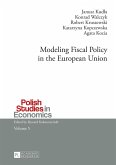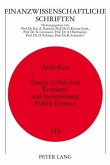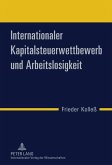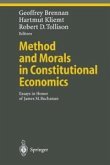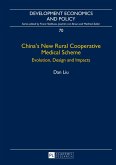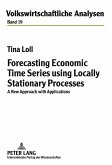This book explores the role of constitutions in public finance, with a special focus on transitional context in Central and Eastern Europe. The main questions addressed are: How do formal constitutional provisions that matter for public finance come about? How do constitutions shape policy choices in public finance? Part l of the book puts forth an analytical framework for analysing how fiscal constitutional provisions come about and tests the conjectures with the case of constitution-making in Estonia in 1991-1992. Part II summarises, synthesises and criticises the emerging orthodoxy in positive constitutional public finance and examines whether it can explain the commitment to fiscal discipline in Estonia between 1992 and 2007. Part III examines theoretically and empirically how constitutions can shape public finance laws via constitutional review, auto-limitation and constitutional deliberations.
Dieser Download kann aus rechtlichen Gründen nur mit Rechnungsadresse in A, B, BG, CY, CZ, D, DK, EW, E, FIN, F, GR, HR, H, IRL, I, LT, L, LR, M, NL, PL, P, R, S, SLO, SK ausgeliefert werden.

